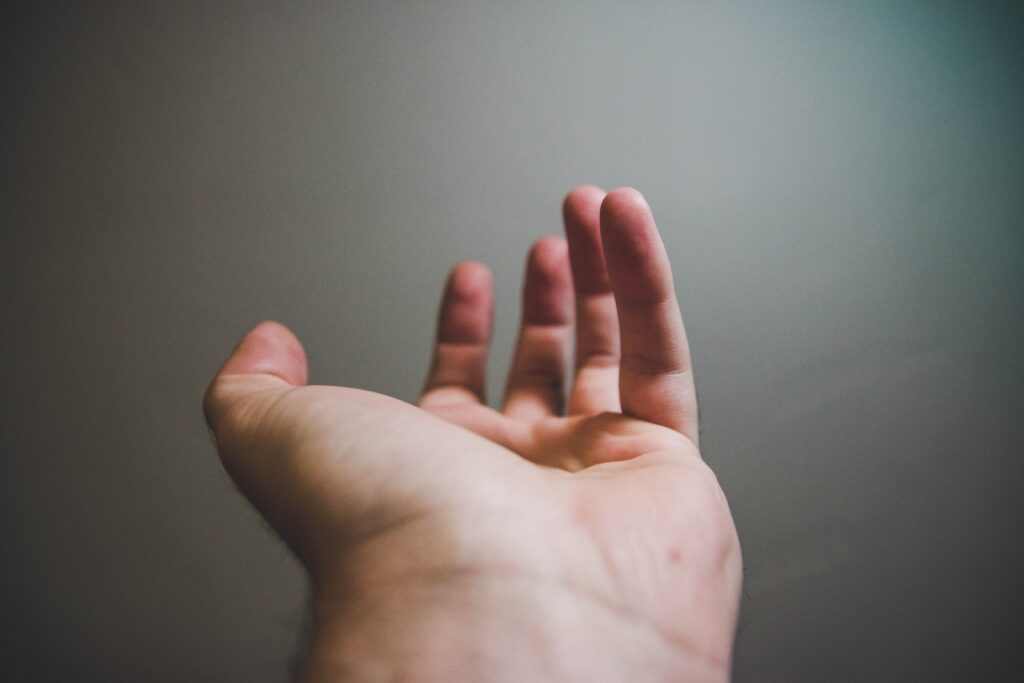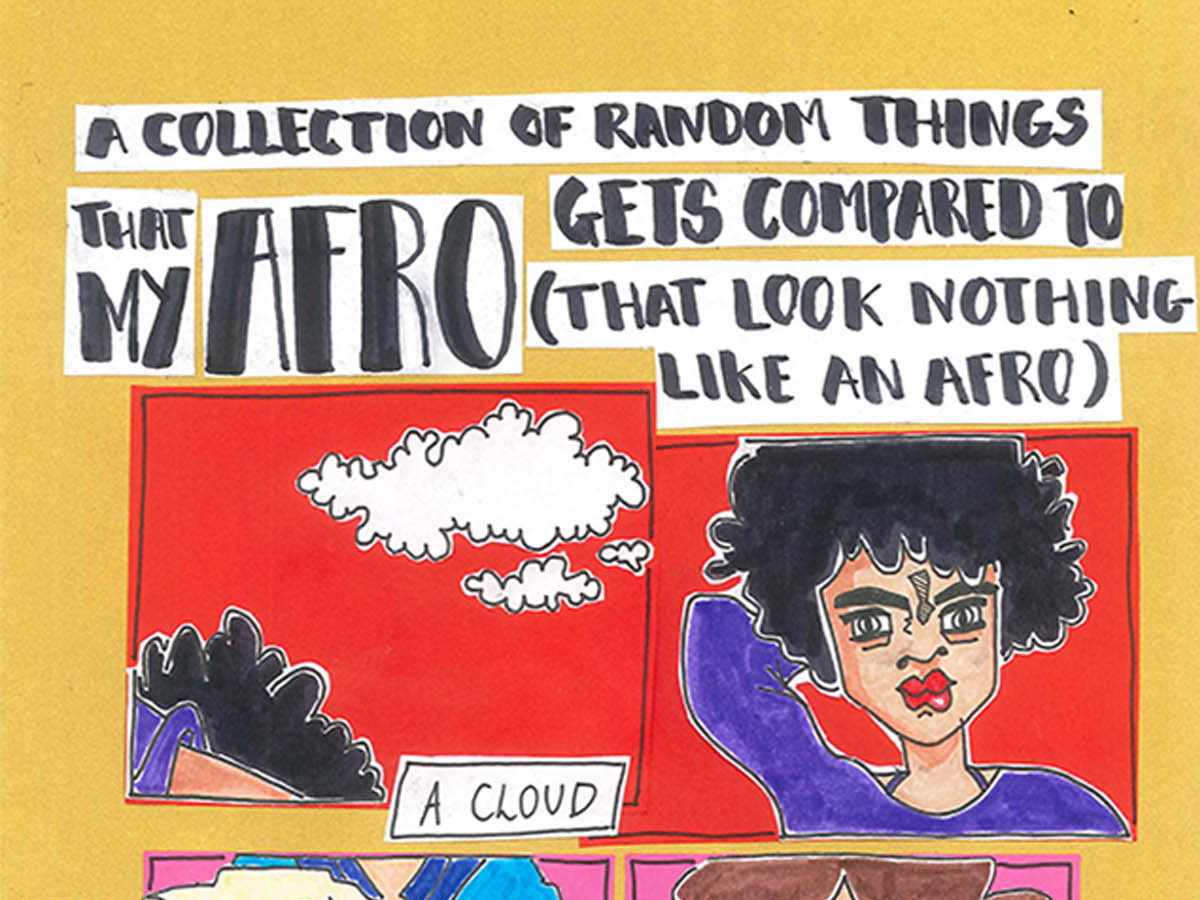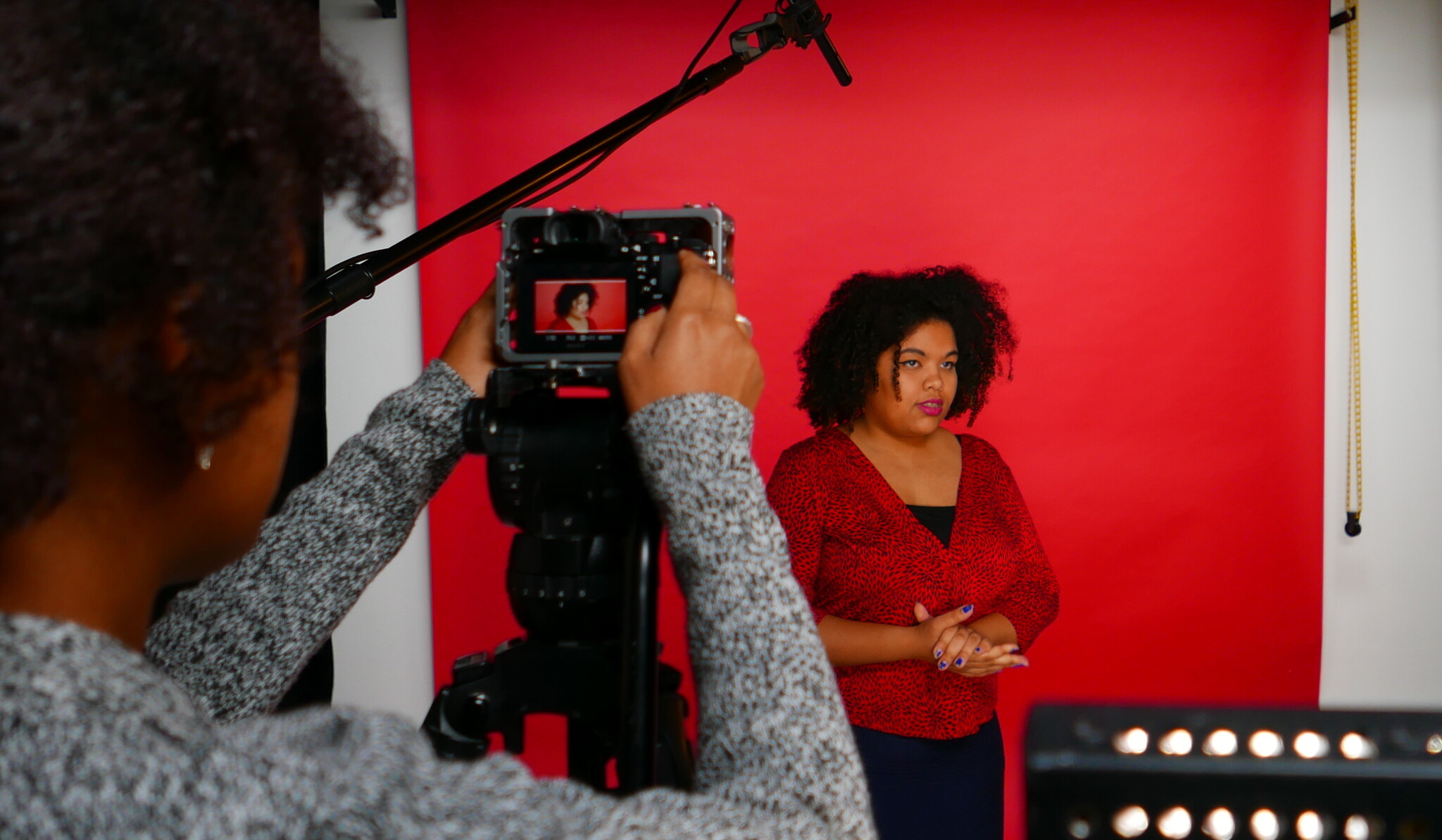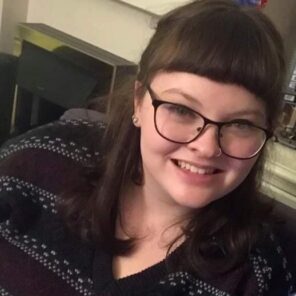How Bristol helped me after five years in psychiatric hospital

Abi’s first taste of freedom in the city was an empowering experience of community and care
When I was first admitted to psychiatric hospital aged 16, I was told that it would be just for a few days until things calmed down. Instead, I spent the best part of the next five years in different hospitals, spending Christmases, birthdays and exam periods locked up for my own safety. It’s hard to describe to someone who has never been in a psychiatric hospital: it’s almost like a strange parallel world where the atmosphere goes from 0 to 100, switching from hectic afternoons where things nearly reach a riot, and long, long days where time crawls at a snail’s pace.
So I think it’s understandable for me to say that when I finally got told that I could leave, it was mind-blowing. I was acutely aware that things would be very different in the outside world. Not only would I lack the nurses and support workers, but I would be without peer support from all the other patients. In my experience, hospitals simultaneously warn against making friendships in hospital, and accept that friendships are always going to happen. What was I going to do without the kind people I was living with?
I was acutely aware that things would be very different in the outside world. Not only would I lack the nurses and support workers, but I would be without peer support from all the other patients.
I count myself lucky that I was placed at a shared house in Bristol when I moved out. The situation at the house itself was good; I had two male housemates around my age and support workers available in an office downstairs to help with anything we needed. Of course, there were downsides (one of my housemates used to leave the toilet in a disgusting state on a regular basis) but I quickly felt happy and settled there, much more quickly than I had expected I would. Most of all, what I enjoyed about being out of hospital was the sudden freedom. By the end of my stay in hospital, I had progressed enough to be allowed three hours of unsupervised leave three times a week, but even this I had to plan around the groups and structure of the ward, and each leave took time to organise and meant that paperwork had to be filled in. Now, if I wanted to go to the Tesco down the road, I could literally put on my shoes and go. My dad could pop in and we could go for a coffee. If I needed something new to wear, I could catch the bus to town and go to Primark. Such a small thing improved my life significantly. Of all the reasons I’m determined that I will never go back to living in a hospital setting again, the loss of freedom that I suffered in hospital is one of the biggest ones. I genuinely don’t think I could hack it now.
This freedom was especially odd for me because I had never had any kind of freedom before. I was only 16 when I was first admitted and in the year before that especially – probably down to depression – I had been somewhat of a recluse, rarely going out or seeing friends. I suppose in terms of trips to Tesco down the road, technically I could have gone out when I wanted for the most part, but at this time in my life, it just didn’t really occur to me. Things had become more of a case of getting through the day, rather than actually living any kind of life. And though I was not by any means fully recovered when I left hospital, I was precariously ready to start building a life. This freedom meant something now.
Now, if I wanted to go to the Tesco down the road, I could literally put on my shoes and go. My dad could pop in and we could go for a coffee. If I needed something new to wear, I could catch the bus to town and go to Primark. Such a small thing improved my life significantly.
The first place that I used my freedom to access was the local library. Ostensibly, this was because when I first moved in, the house had no Wi-Fi, and I wanted to check my emails and look at Facebook. In actual fact, however, it was more because this made me feel just a little bit like I was part of the outside world, whilst remaining somewhere safe. Libraries felt safe; I had memories of going there as a child and I had visited the library local to the hospital while I was there. Just there being somewhere that I was comfortable that was also a public place went a long way to make me feel like I was part of Bristol.
Only after I had spent several afternoons there did I decide that I wanted to do something that I could be more practically helpful with. As I had gone into hospital so young, I had never had a job before. I was looking forward to being an adult and entering the world of work; but in terms of my benefits, I had only the option to work full time or on a voluntary basis. I didn’t feel yet like I was ready to go into a normal full time job, and I had a place at university to take up in the September, so I decided to find somewhere to volunteer for a few months. I found two places that seemed like a good idea: the Littlest Rescue, a charity that cared for small animals and aims to find them a new home, and several charity shops in the village near where I was living.
The Littlest Rescue was a really rewarding place to spend my time. Though my main task was to clean the rabbit and guinea pig cages and feed them, knowing that I was helping to keep these small animals happy and safe until they were able to find their new homes made it worthwhile. It was hard work, but hard work that I wanted to do. And moreover, every shift I did there involved more fun tasks such as helping qualified workers there to bond pairs of guinea pigs and rabbits, or cuddling the animals while they were groomed. Furthermore, unlike at the library where I had felt part of things but hadn’t actually interacted with anyone, working at Littlest Rescue got me to meet people and talk to them. It also didn’t provoke as much anxiety as interacting with strangers normally would do; I could talk to people about the animals, or talk to people while we were cleaning cages together. This way, I knew we would always have things to talk about, and if we didn’t, then I could carry on cleaning the cage to fill the silence.
Working at the charity shop was very different to working with the animals. Not to say it wasn’t rewarding; I knew I was helping the charity by keeping the shop tidy and clean and helping customers. It was, however, harder to connect the fate of the charity with the small tasks that I was given to do. Though charities need the help of volunteers, I wouldn’t describe the shifts as hectic. There were usually things to get on with, but sometimes these things involved standing at the till waiting for customers to come in, or organising a row of tops by size. Nonetheless, I did find my time there useful. Though the work was slower, working at the charity shop forced me to interact with people in a professional way, which I had never needed to do before. It also meant more direct communication which, though challenging for me and my anxiety, was a hurdle that I desperately needed to overcome. Furthermore, I left the charity shop with valuable, hands-on retail experience as well as increased confidence.
I was worried, admittedly, that everyone else would be younger than me, fresh out of school, but other than that, I was convinced that it was going to make everything OK. I was convinced it was going to make me normal.
I enjoyed my months of volunteering but come September I was ready to take another step. During my time in hospital I had applied for university a few times but had always been too unwell still to take up my place. Finally, this time I was able to take up my place at UWE studying Literature and Film Studies. I had a lot of hopes for university; it felt like I was finally coming into line with what my peers were doing, even if they were a few years ahead of me. I was worried, admittedly, that everyone else would be younger than me, fresh out of school, but other than that, I was convinced that it was going to make everything OK. I was convinced it was going to make me normal.
And, in fairness, having somewhere to go every morning and work to keep me busy at home, improved my mental health a lot. I loved the content of the course and academically I was doing well. It was really beneficial to have something else to think about as well. Socially, however, I struggled. The cohort that I was part of within the course was very small and the majority of them never turned up to lectures. After the first few weeks, there were three or four people in most of my lectures. This made things harder. During coffee and lunch breaks, people would quickly dissipate, having run out of conversation starters with the three other people there. It also meant lectures were rather quieter than the lecturers might have planned. As I say, getting involved in education was hugely helpful for my mental health but it didn’t give me the circle of friends that I had thought it would.
The most important thing that helped my mental health the most was being accepted into the community so welcomingly. From the library through to the pole classes I’ve attended, Bristol has allowed me to become part of it in a way that I hadn’t really imagined it would.
So I decided to start going to events put on for Freshers. This was definitely a good idea. I had several great nights out with the LGBTQ+ Society and I’ve made friends doing this. But the most helpful thing I became involved in was attending pole fitness classes at Spin City Bristol. For a long time I had had health professionals telling me how important exercise is for maintaining good mental health, but I had been very resistant to it, feeling like it was just generic advice that wouldn’t really help. However, I really noticed an improvement in my mood on evenings when I would come home from classes. It didn’t fix everything by a long way, but I suppose I was lucky to find a form of exercise which I was really passionate about. I still attend these classes now. I even managed to fit a pole in the living room of my new flat and I’ve been keeping up with pole over Zoom.
Obviously, things have been different this past year, and anyone coming out of hospital may have found it difficult to access some of these resources. But I believe that the most important thing in Bristol, that has helped my mental health the most was being accepted into the community so welcomingly. From the library through to the pole classes I’ve attended, Bristol has allowed me to become part of it in a way that I hadn’t really imagined it would. As someone with a long-term mental health condition, I might never be fully well, but I feel part of a community.
Do you share this experience with Abi? Is there anything you’d like to add? Let us know in the comments.

About Rife





